Choose LINK,
New Zealand's Best Business Brokers
Founded in Auckland in 1996, LINK Business Brokers is New Zealand’s largest business brokerage. With over $6 billion in business sales and 229 brokers across New Zealand, Australia, and the USA, LINK’s expertise spans every industry. No other business brokerage delivers greater expertise, commitment, or results.
Global reach. Local knowledge.
Buy with LINK
Looking to buy a business?
Buying a business is an exciting time and will be one of the most impactful decisions you will make in your lifetime. When you want to find a business broker, LINK is here to help you on your journey.
Sell with LINK
Wanting to sell your business?
With more than 30 years’ experience helping people when they want to sell a business, we have learned a few key principles to help you avoid the pitfalls and find you the right buyer at the right price. There are steps you can take to set you up for success.
Appraise with LINK
What’s your business worth?
So you have invested blood, sweat, and tears into your business, and you are no doubt curious as to what it could be worth when you decide to sell the business. LINK uses a combination of established valuation methodologies to reach the most accurate asking price.
Find a LINK office
Talk to your local team
Why Partner With LINK?
Choose LINK for 30 years’ proven experience, proven valuation tools, confidential sales and a track-record of maximising your business’s value.






Business owners who choose to engage LINK exclusively and invest in a LINK marketing plan increase their chance of selling by over
350%
Featured businesses for sale
Search our database of over 3000 businesses for sale internationally.
Business affordability calculator
What can you afford?
Discover what you can afford, how much your loan payments would be, and how much you could earn.
Finance
Need help with finance?
Knowledge hub
 I am so satisfied with the whole process of selling my business by Alanah. She is lovely fantastic lady, helping contact with head office, lawyer, buyer, and others concerned. She always gave me updates through phone or email, even after hours, she really is a conscientious person. I was very lucky to have her as my agent, and I would highly recommend Alanah to my friends who want to sell or buy business. Thanks sooo much to Alanah and LINK.
I am so satisfied with the whole process of selling my business by Alanah. She is lovely fantastic lady, helping contact with head office, lawyer, buyer, and others concerned. She always gave me updates through phone or email, even after hours, she really is a conscientious person. I was very lucky to have her as my agent, and I would highly recommend Alanah to my friends who want to sell or buy business. Thanks sooo much to Alanah and LINK.  He was extremely knowledgeable and helpful with every aspect of the transaction. When the process slowed he got things moving again. He made sure that I was kept informed along the way. I would highly recommend Mike to anybody who is looking at buying or selling a business.
He was extremely knowledgeable and helpful with every aspect of the transaction. When the process slowed he got things moving again. He made sure that I was kept informed along the way. I would highly recommend Mike to anybody who is looking at buying or selling a business.  Theresa has been great to work with and very effective. We were very happy with the proposal she put forward and she very quickly identified several good prospects. Within a few months they have progressed through our recruitment process and signed up to join the business. We are very happy with the quality of candidates put forward.
Theresa has been great to work with and very effective. We were very happy with the proposal she put forward and she very quickly identified several good prospects. Within a few months they have progressed through our recruitment process and signed up to join the business. We are very happy with the quality of candidates put forward. Find A Business Broker
Looking for a business broker to help you buy or help you sell your business? Look no further than the LINK’s team of experienced and award-winning business brokers. We understand the importance of finding the right business broker, and we’ve made the process simple for you. Whether you’re planning to buy a business or sell your business, our dedicated team of business brokers in Auckland and throughout NZ will guide you every step of the way. With years of industry experience, we excel at connecting sellers with the right buyers, achieving excellent results. If you’re ready to take the leap and sell your business, our expert team of business brokers is ready to help.


Sell my business in Auckland and nationwide
Are you asking yourself who can help me sell my business in Auckland or elsewhere in NZ? Our experienced specialists and business brokers in Auckland and beyond are here to provide you with the support and guidance to sell your business to the right people at the right price.
At LINK, we take immense pride in delivering exceptional results and providing top-notch service, ensuring your business gets the attention it deserves. Our approach to selling businesses is 100% customer focused, backed by advanced marketing tools and in-depth research and set up to help ensure you achieve the best possible results when you sell your business. We’re here to help you uncover the actual value of your business and set you on a successful selling journey. If you are ready to sell, don’t hesitate to contact us today, and let our team of expert business brokers in Auckland and nationwide find the ideal match for your needs.
Looking to sell your $2M+ valued business? Contact our specialist Corporate team.






























